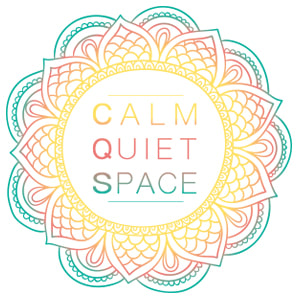|
If you search on any search engine the meaning for mindfulness, you will find many different definitions. There are hundreds of books on the subject. Mindfulness is being talked about in government, taught in schools & in recent years is a bit of a buzzword and every day on social media there are references to mindfulness. However whilst it currently might be trending, it is been around for thousands of years; modern western practice is based on Buddhist traditions. We all have the capacity to be mindful. When we were children we were naturally mindful but as we get older most of us lose this quality. But what is it? What’s it all about? Here are some definitions. “Paying attention in a particular way; on purpose in the present moment & non judgmentally” “Awareness of our thoughts & feelings as they happen moment to moment” “Mindfulness is about observation without criticism; being compassionate with yourself”. Mindfulness is just being. Paying attention moment to moment without judging. Have you ever driven your car somewhere & arrived at your destination only to realise you remember nothing about your journey? Or started eating a packet of crisps & then suddenly noticed all you had left in your hands was an empty packet? Most of us have! These are common examples of ‘mindlessness’ – or a state I refer to as on ‘autopilot.’ Living this way - in mindlessness - we often fail to notice the joy of life, fail to enjoy what is going on around us & what our bodies are telling us & getting stuck in mechanical conditioned ways of thinking and living that may be harmful to ourselves or others. So I try to think of Mindfulness as the opposite of mindlessness. To me it means waking up out of autopilot and ‘taking the steering wheel’ of our attention again. To be mindful is to live in the present moment & practicing meditation can help us achieve this. How does mindfulness differ from counselling? Several years ago, before I had started practicing mindfulness, I had some counselling sessions to help me get through a difficult time. The sessions were good, sometimes difficult but after a while I felt much more in control of things & so the sessions came to a natural end. On reflection what I realised is that the counsellor hadn’t fixed me; she has enabled me to fix myself. What led me to seek help was the state of my mind or more to the point the repetitive thoughts playing on a loop in my head. I was going about my life appearing happy on the outside but not on the inside. Our minds have the capacity to go on for hours with its endless worries, anxieties, playing over and over the stories that very often we don’t want to hear anymore but are unable to stop them. Counselling at that time was a really good thing for me and I am glad I had that experience, but now, having discovered mindfulness, with the regular practice of mediation, I think most of us have the ability to put an end to our own misery or suffering and be happier. So how do we actually do this thing, how to become more mindful? Most of us understand exercise. We use weights or go running/walking to strengthen muscles to become physically fitter & healthier. Every time you do a sit up or lift a weight you strengthen your muscles just a little bit more each time. If you carry on for a long time with this fitness regime, you gain strength & start to be able to do things you didn’t think possible. Think of meditation as an exercise for the mind, mind fitness or training regime. One of the misconceptions about meditation is that it involves clearing the mind or emptying it of thoughts. It is not about suppressing those thoughts but when they come we just notice them. A very basic benefit of mindfulness or mind training is the ability to calm the mind on demand. With a calmness of mind comes clarity. I offer mindfulness courses and sessions for individuals and the workplace in Berkshire and Wiltshire
0 Comments
Leave a Reply. |
AuthorCaroline Quinton Smith - Mindfulness teacher Archives
June 2022
|

 RSS Feed
RSS Feed
